Table of content:
Pakistan, a country rich in history, culture, and traditions, celebrates a variety of traditional holidays throughout the year. These festivals not only reflect the diverse cultural heritage of the nation but also serve as a means of bringing people together, fostering unity, and promoting social harmony. Let's delve into some of Pakistan's most significant traditional holidays and the vibrant celebrations associated with them.
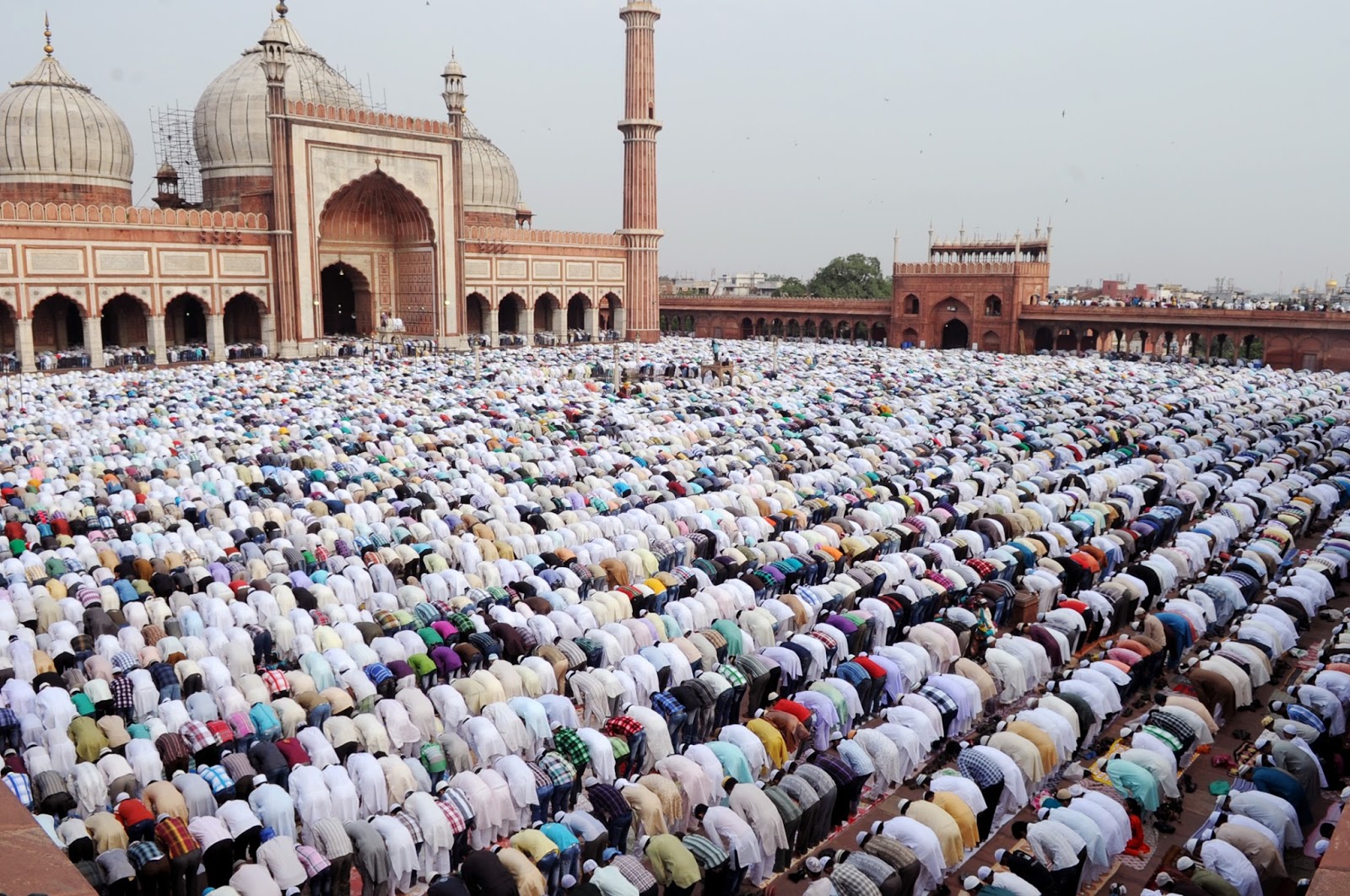
Eid-ul-Fitr:
Eid-ul-Fitr, also known as "Sweet Eid," marks the end of the Islamic holy month of Ramadan. It is a joyous occasion celebrated with great enthusiasm by Muslims all over Pakistan. The day begins with special prayers at mosques, followed by the exchange of gifts and visits to friends and family. Delicious traditional sweets like sheer khurma and seviyan are prepared, and mouth-watering feasts are shared. The streets are adorned with colorful lights, and children indulge in rides and games, making Eid-ul-Fitr a truly festive affair.
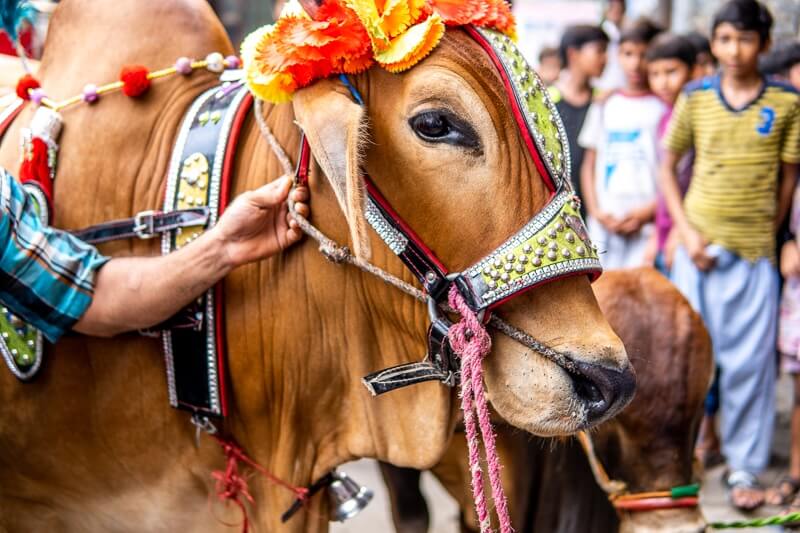
Eid-ul-Adha:
Eid-ul-Adha, or the "Festival of Sacrifice," commemorates the willingness of Prophet Ibrahim (Abraham) to sacrifice his son as an act of obedience to God. This festival involves the sacrifice of animals such as sheep, goats, or cows. Families gather for prayers, and the meat from the sacrificed animals is divided into three parts: one for the family, one for relatives, and one for the less fortunate. The day is also marked by acts of charity, as people donate money, clothes, and food to those in need.

Basant:
Basant, also known as the "Kite Festival," is a cultural celebration that marks the arrival of spring. Lahore, the cultural capital of Pakistan, is particularly famous for its grand Basant festivities. The sky is adorned with colorful kites of various shapes and sizes, and people engage in kite-flying competitions. Traditional music, dance performances, and food stalls add to the festive atmosphere. The festival showcases the spirit of joy, friendship, and the vibrant culture of Punjab.

Pakistan Day:
Pakistan Day, observed on March 23rd, commemorates the Lahore Resolution of 1940, which eventually led to the creation of Pakistan. The day begins with a flag-raising ceremony, followed by parades, cultural shows, and exhibitions highlighting the country's achievements and progress. It serves as a reminder of the struggle and sacrifices made by the leaders and people of Pakistan to achieve independence.
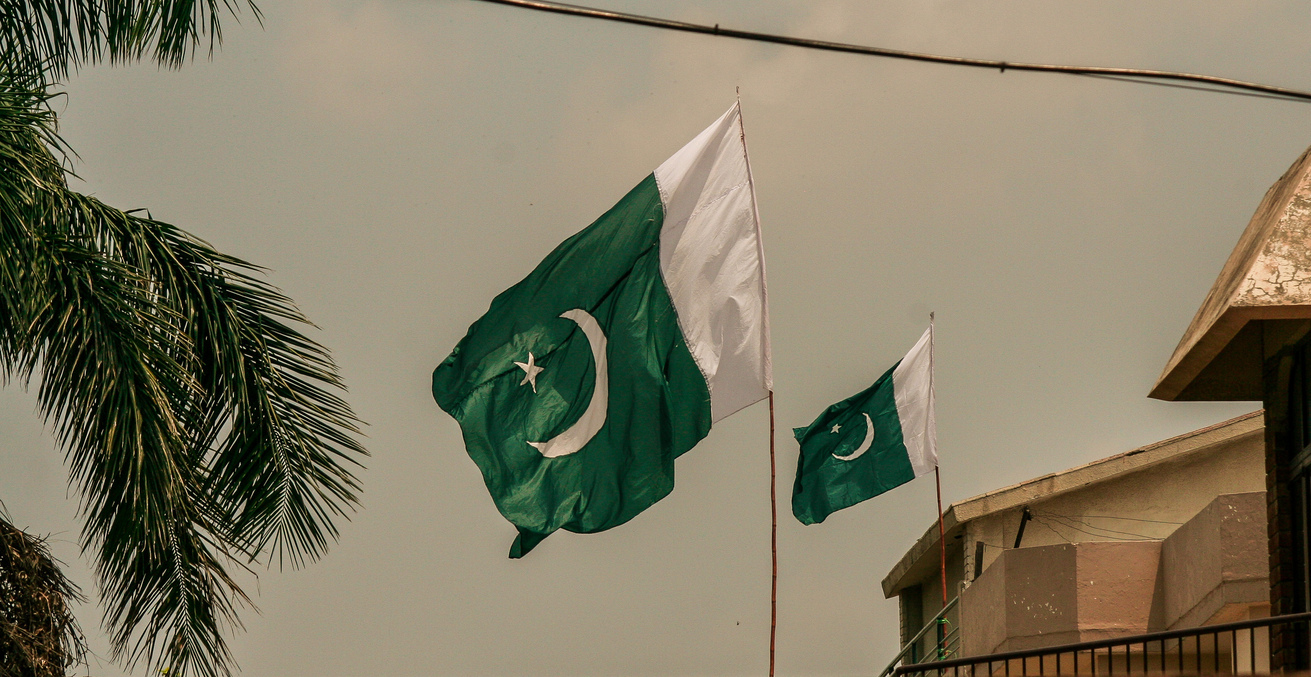
Independence Day:
Independence Day, celebrated on August 14th, marks Pakistan's independence from British rule in 1947. The day starts with flag-hoisting ceremonies, patriotic speeches, and the national anthem. People decorate their homes, streets, and public buildings with the national flag. Fireworks, cultural performances, and rallies take place throughout the country. It is a day of national pride, unity, and reflection on the progress made since independence.
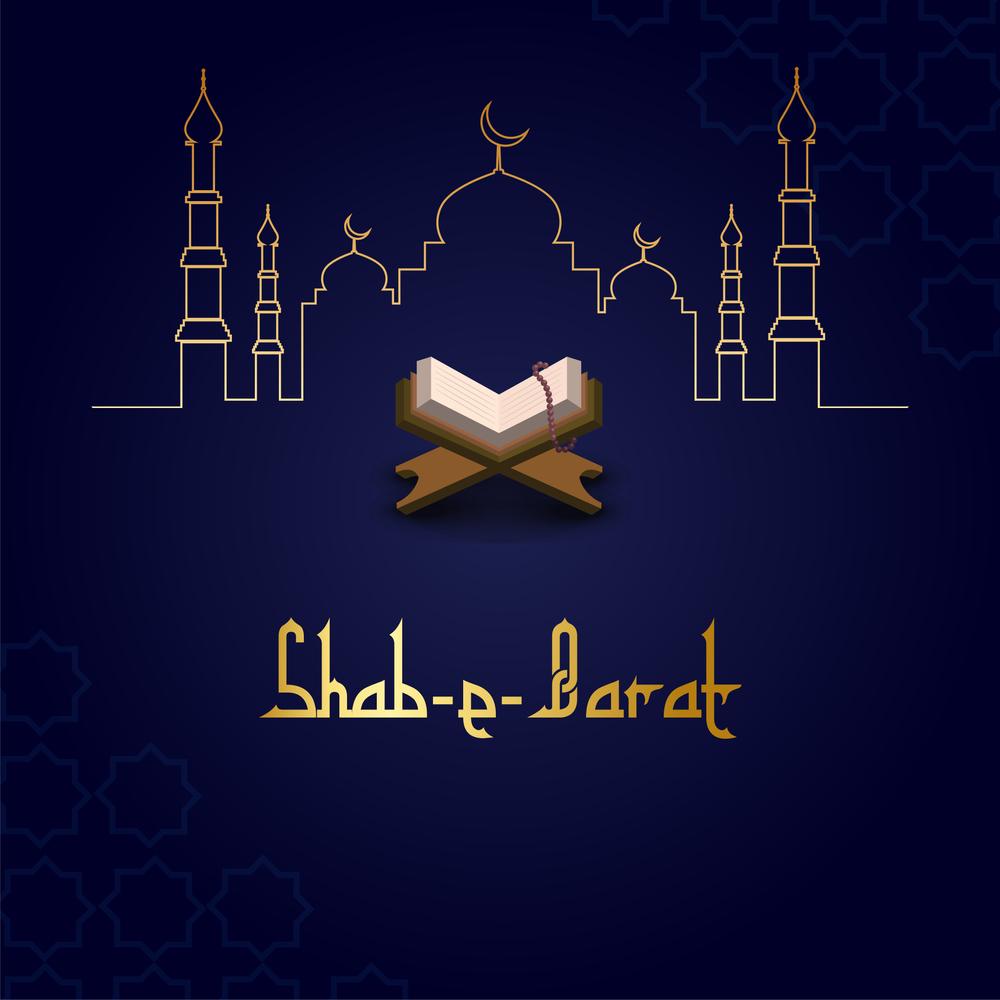
Shab-e-Barat:
Shab-e-Barat, observed on the 15th night of the Islamic month of Shaban, holds religious significance for Muslims in Pakistan. It is believed that on this night, God determines the fate of individuals for the coming year. Muslims visit graveyards, offer prayers, recite the Quran, and seek forgiveness for their sins. The night is filled with spiritual gatherings and special prayers at mosques.
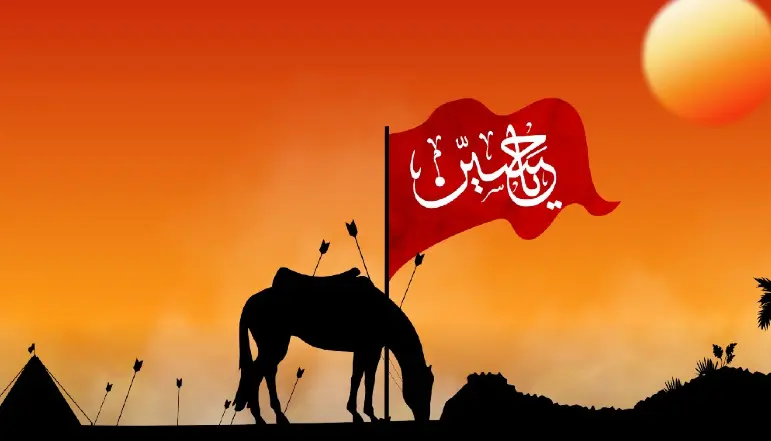
Muharram:
Muharram is a significant month for Muslims, particularly for the Shia community, as it commemorates the martyrdom of Imam Hussain, the grandson of Prophet Muhammad. The first ten days of Muharram are marked by processions, majalis (gatherings), and reenactments of the battle of Karbala. Participants mourn the tragedy of Karbala through chest-beating, recitation of elegies, and self-flagellation. The atmosphere is solemn, and acts of charity and compassion are emphasized.
These are just a few examples of the traditional holidays celebrated in Pakistan. Each festival carries its unique significance and provides an opportunity for Pakistanis to come together, celebrate their cultural heritage, and strengthen their bonds as a nation. These festivities showcase the country's diversity and contribute to its vibrant tapestry of traditions and customs.


You must be logged in to post a comment.